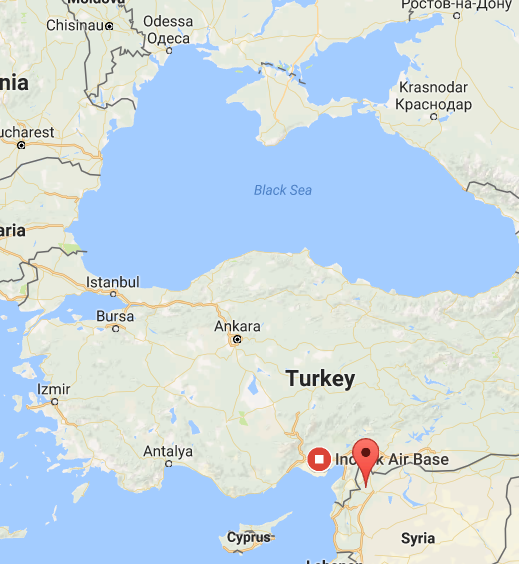I constantly hear about “social justice”. It’s seldom elaborated on, but you get the implicit meaning – social justice is when everybody has the same outcome regardless of their decisions. It’s been tried in the Soviet Union and the communist bloc. It didn’t work. When you take from those who make the right choices in order to fix the outcomes of those who made the wrong choices, you remove any incentive for making hard but correct choices.
But wait, you’ll say. Do you want to say that we should simply let people who make the wrong choices die?
Let me tell you what I think.
If someone’s house burns down, it is the duty of his family, friends, neighbors and the entire community to jump in and help him. They should do everything they can to remedy the situation. When someone is sick, his family, friends and neighbors should jump in, they should help with his medical bills, they should help his family, they should do everything they can. When someone you admire has a problem, you need to jump in and do all you can to help him. That’s your duty. If you don’t, you basically invalidate your spiritual progress because you didn’t stand behind what you believe. If you didn’t support a good man who has a problem, you failed to support goodness.
However, when a drunk bastard who beats his wife and kids finally gets his comeuppance, his wife and kids throw him out of the house, he loses a job and ends up as a homeless person, it would actually be sinful to help him. He needs to serve as an example for all other people, showing why you must not spend your paycheck on alcohol and then abuse your family. Only if such a person shows signs of sincere remorse, and does everything he can to fix the mess he created, should he be given assistance and aid. Wanting to help the undeserving is an excellent example of misguided and misplaced compassion. Feel compassion for that bastard’s wife and children. They are the ones you should help. Leave the wicked ones to die alone and then bury them in an unmarked grave.
If you want to help someone, find the people who do things you admire, and then help them. Don’t throw your energy onto the trash-heap of humanity. All the energy you invest there will be either destroyed or will promote evil.
There must be an incentive to be good. There must be an incentive to sacrifice your life and health in order to achieve worthy goals. This should be rewarded with success and wealth. Capitalism was invented by God, and communism was invented by Satan. God wants every soul to have the just payment for his deeds, good or ill. Satan wants to turn justice into mockery, to create confusion and apathy, where nobody will try to do good because you get the same results if you do evil, and it’s easier.
My definition of social justice is when everyone gets the results of his actions: where good deeds are repaid with esteem, wealth and appreciation, and where evil deeds are repaid with scorn, destitution and misery.
To try to equalize that, to minimize the social differences by taxing the rich in order to give to the poor, is essentially to give all students equal grades, regardless of how much they have learned. My opinion is that if someone is smart and demonstrated good knowledge, he should be rewarded with good grades, and if he’s stupid and lazy, he should be punished with bad grades. If any additional energy is to be invested, it should be invested into helping the most successful ones show their full potential. Those who are not successful should be allowed to fail. You might say it’s cruel, but I don’t think so. It is cruel to neglect the best ones in order to spend energy on the worst ones. That is cruel, and evil.
To leave the unsuccessful ones to fail is simply what you have to do in order to have a just and successful society. However, the devil is in the details. “Successful” is not a universal metric. Van Gogh was desperately unsuccessful during life, but later become extremely admired and appreciated. It is your personal duty to contribute to the success of whomever you admire. You can’t depend on the rest of society for that, in order to follow their lead. You need to make choices and support what is good, and avoid that which is bad. It’s your responsibility and your duty to implement justice in the society. You need to judge, to decide who is to live and who is to die.

